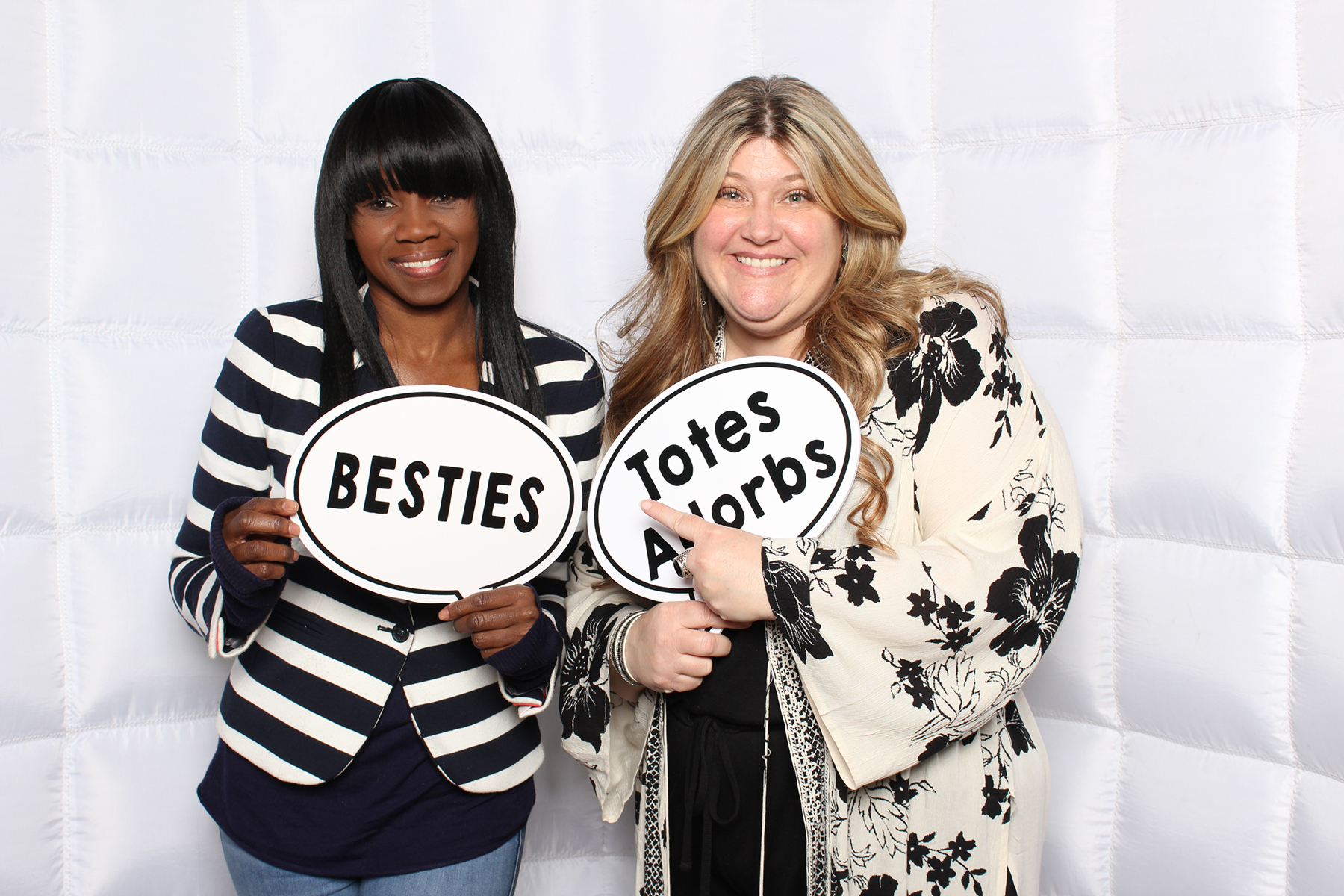
Instead, she thrived in school, bringing home strong grades.

The likely impact would have been for her to fall behind her peers, a potentially vicious cycle that leads far too often to low grades, disciplinary actions and ultimately kids dropping out. Jaylah easily could have slipped through the cracks and found herself behind when she was enrolled in kindergarten or first grade. After a year of hard work, Jaylah was speaking normally for her age. She participated in the interactive play area and always gravitated to the play cooking area, where she would make imaginary meals for her friends. Jaylah thrived in her preschool experience – teachers enjoyed having her in their classes and she was excited to go to school every day. Her family wasn’t in a position financially to pay for a specialist to work with her, but the speech tutor position was covered by funds from the Denver Preschool Program.

When Jaylah enrolled in a preschool program, staff members quickly recognized that she wasn’t speaking at a level considered typical for her age. In fact, Jessica’s daughter Jaylah, one of our program participants, is a tremendous example of the power of tuition credits to make preschool available to all Denver 4-year-olds.

The amount of credits a family receives is based on the family’s income, the quality rating of the preschool the child attends, and the length of day they attend.Īs the CEO of the Denver Preschool Program and a parent of a child who benefited enormously from the program, we have seen first-hand the difference that preschool makes for our city’s students. The program offers tuition credits to all families residing within the City and County of Denver to ensure that their four-year-olds can participate in a quality early childhood program in the year before kindergarten. In 2006, the city’s voters approved a dedicated sales tax to fund the Denver Preschool Program. There is one area, however, where Denver has managed to level the playing field – early childhood education.


 0 kommentar(er)
0 kommentar(er)
